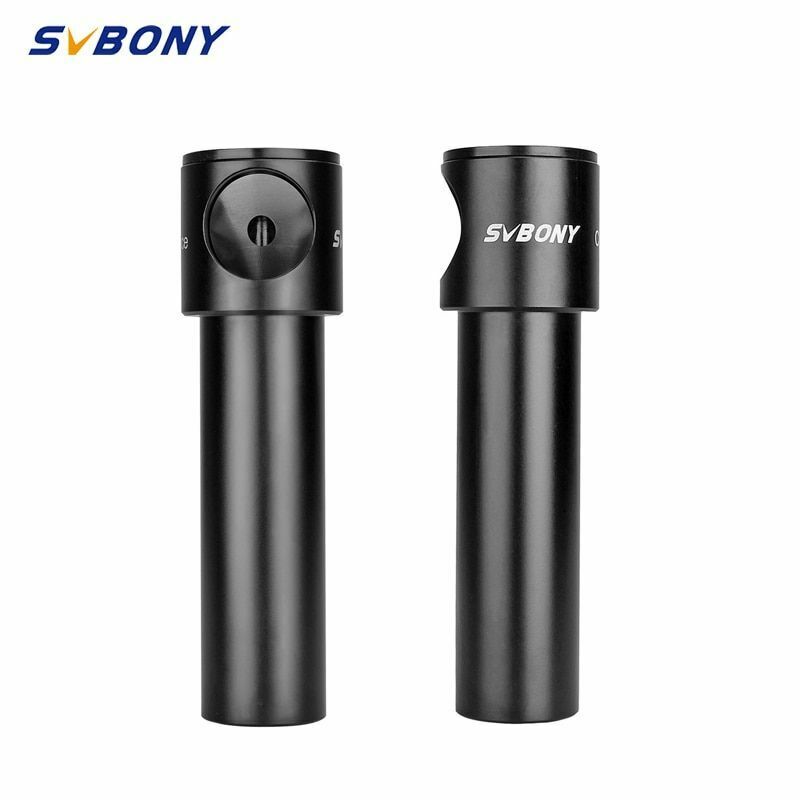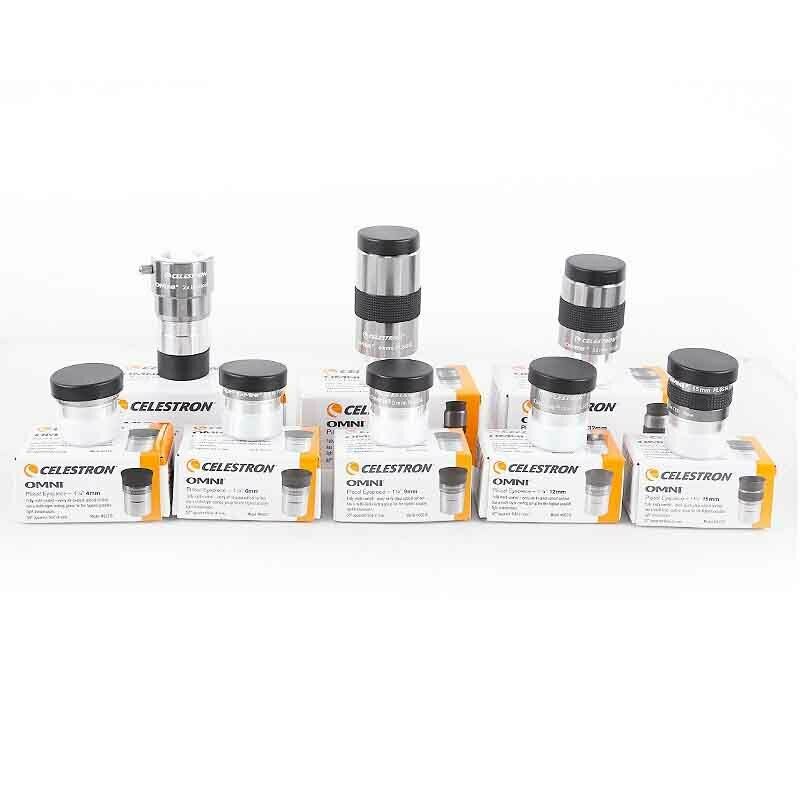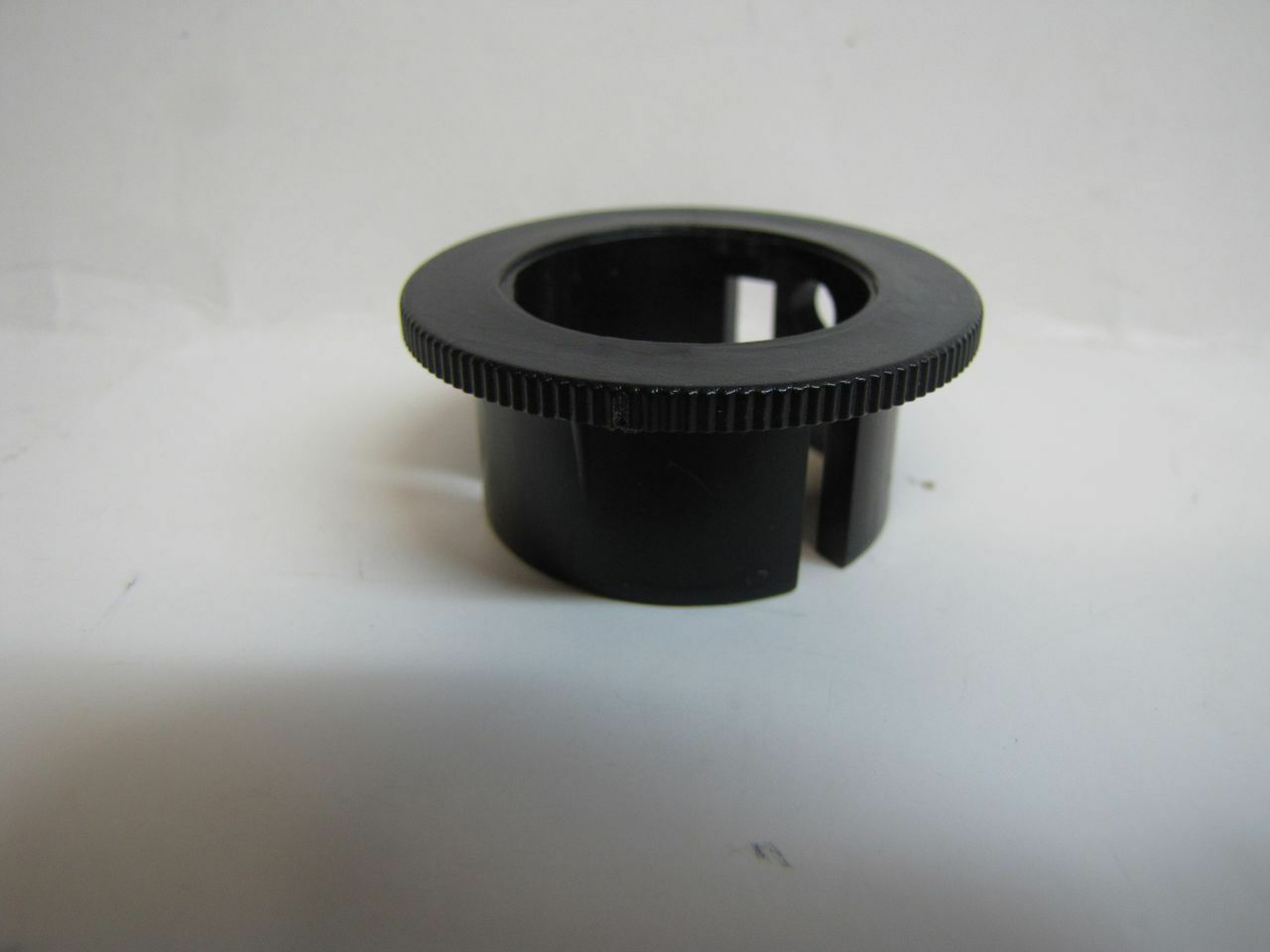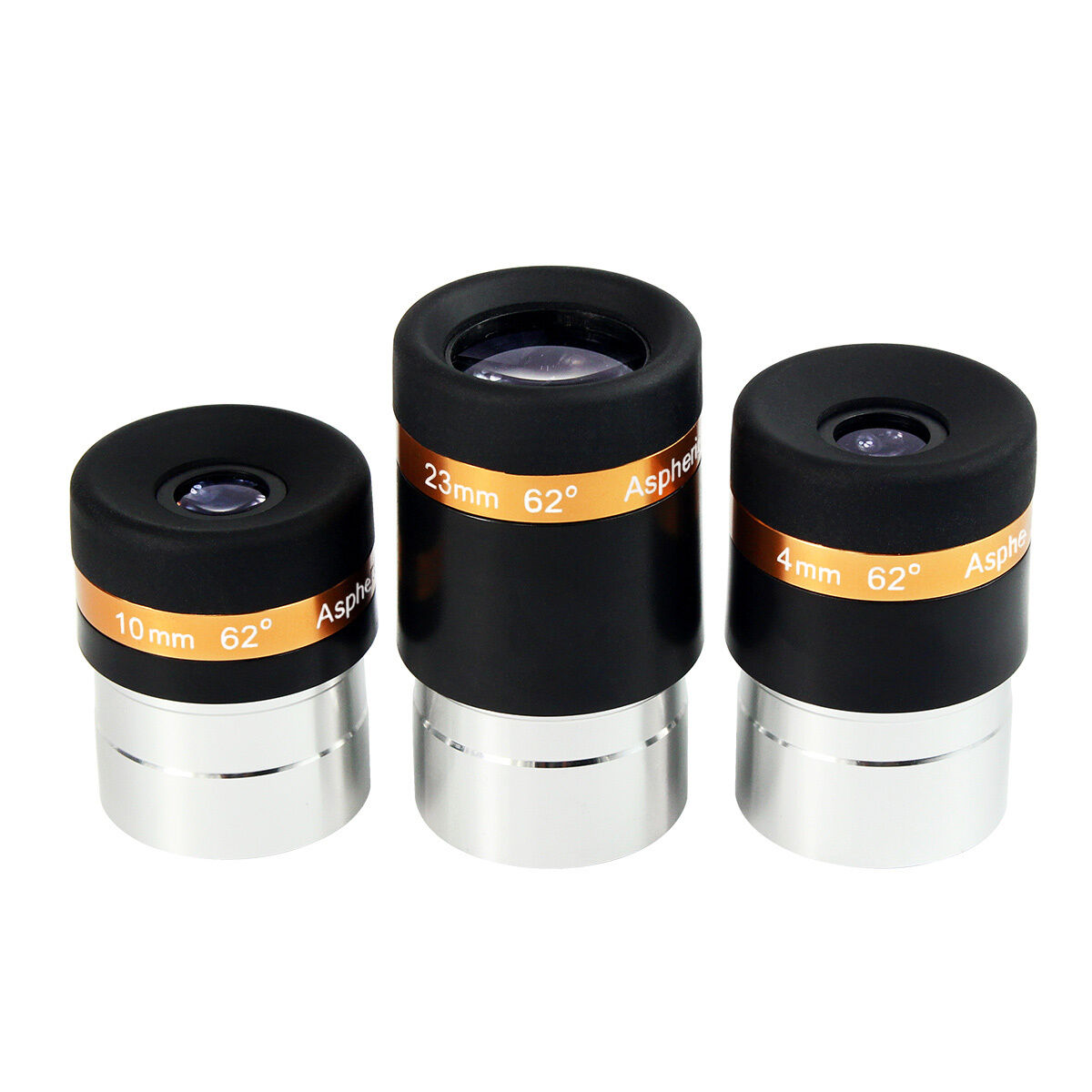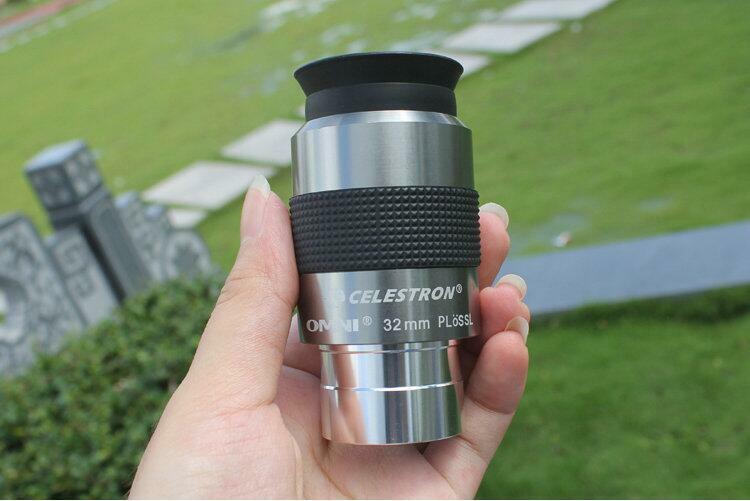-40%
Astronomical Telescope Collimation Eyepiece For Newtonian 1.25 Inch
$ 39.51
- Description
- Size Guide
Description
Astronomical Telescope Collimation Eyepiece For Newtonian 1.25 InchMain Features:
Make your seeing experience much better with this simple tool! Quickly and precisely align your Newtonian reflector telescope!
Stars don't come to a pinpoint focus, Planets look slightly hazy, Sometimes optics yield images that are less than perfect. To prevent this from happening, you'd better collimate your Newtonian telescope with a collimator.
The 1.25" collimator is an excellent accessory. It can take some time to get used to aligning both the secondary and primary mirrors and this short collimator can make it much easier. The short collimator for mirror (reflector) telescopes has a 45-degree plate for easier visual accuracy. Collimation is the alignment of elements inside an optical system like a telescope.
Collimating a telescope consists of adjusting the tilt and position of the mirrors and lenses to ensure that the focal point reaches optimum focus at the point from which the image will be viewed (the eyepiece or possibly a camera).
●Great for quick and precise alignment of your Newtonian reflector telescope, to get the most out of the Newtonian scope you really need to align or collimate the mirrors.
●It can take some time to get used to aligning both the secondary and primary mirrors and this short collimator can make it much easier
●The short collimator for mirror (reflector) telescopes has a 45-degree plate for easier visual accuracy
●Collimating a telescope consists of adjusting the tilt and position of the mirrors and lenses to ensure that the focal point reaches optimum focus at the point from which the image will be viewed (the eyepiece or possibly a camera)
●Black metal construction
Using the Collimation Eyepiece
1.Remove the eyepiece or any other accessory from the focuser and rack the focuser all the way in towards the tube.
2.Insert the Collimation Eyepiece into the focuser far enough that the bottom edge of the barrel appears slightly larger than the outer edge of the secondary mirror when looking through the sight hole.
3.Rotate the eyepiece so that the cutout on the side of the barrel is towards anexternallightsource,(Ifcollimating at night, shine a flashlight through the cutout) . Never point the cut outside of the eyepiece or near the sun; serious and instant eye damage can result.
4.Look into the sight hole to determine if the secondary is position directly under the focusertubeThecenterof the secondary mirror should be positioned directly under the intersection of the crosshairs. If the secondary is not centered in the crosshairs of the Collimation Eyepiece, it will need to be adjusted. This is usually done by rotating the threaded rod that holds the secondary holderAdditionally, the threaded rod can slide up and down through the spider for adjustments in the other axis. To adjust as a talk-type secondaryholder, there is usually a center bolt that can be loosened to allow rotation of the secondary holder
5.Next, you need to adjust the tilt of the secondary mirror so that the entire reflection of the primary mirror is visible in the secondary mirror. Use the three collimation screws located on the top of the secondary mirror holder to center the reflection of the primary mirror underneath the crosshairs of the Collimation Eyepiece.
6.Now that you can sec the entire primary mirror reflected in the secondary mirror, I may notice that the reflection of the secondary mirror is not perfectly centered in the primary mirror. To correct this, you must adjust the primary mirror collimation screws located on the bottom of the primary mirror cell. Turn the collimation screw one at a time, until the center of the bright ring reflected in the secondary mirror is positioned in the entrance of the primary mirror. For added ease and accuracy, a small black dot can be placed in the center of the primary mirror and be used to aligntheprimarySimplyadjustthe mir or until the dot on the primary is centered in the middle of the bright ring.
